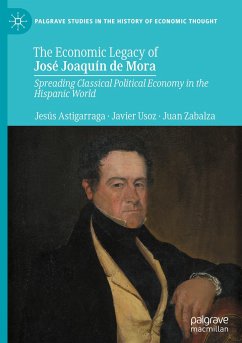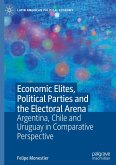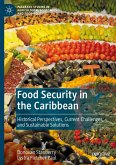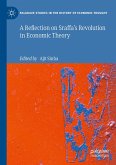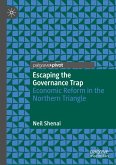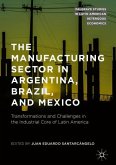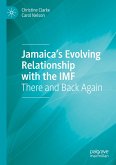This book examines the dissemination, adaptation, and application of classical economic ideas within the Hispanic world through the life of José Joaquín de Mora. Focusing on the decades surrounding the creation of the Latin American republics, it highlights how ideas from the classical political economy, including liberalism and free trade, were pioneered in the work of Mora and disseminated across the Spanish speaking world. Particular attention is given to the influence of Mora in Argentina, Chile, Peru, and Bolivia and how he helped shape their economic development models and political environments.
This book examines the essential role José Joaquín de Mora played in the ideological and political modernisation of Latin America. It will be of interest to students and researchers interested in the history of economic thought and the political economy.
This book examines the essential role José Joaquín de Mora played in the ideological and political modernisation of Latin America. It will be of interest to students and researchers interested in the history of economic thought and the political economy.

